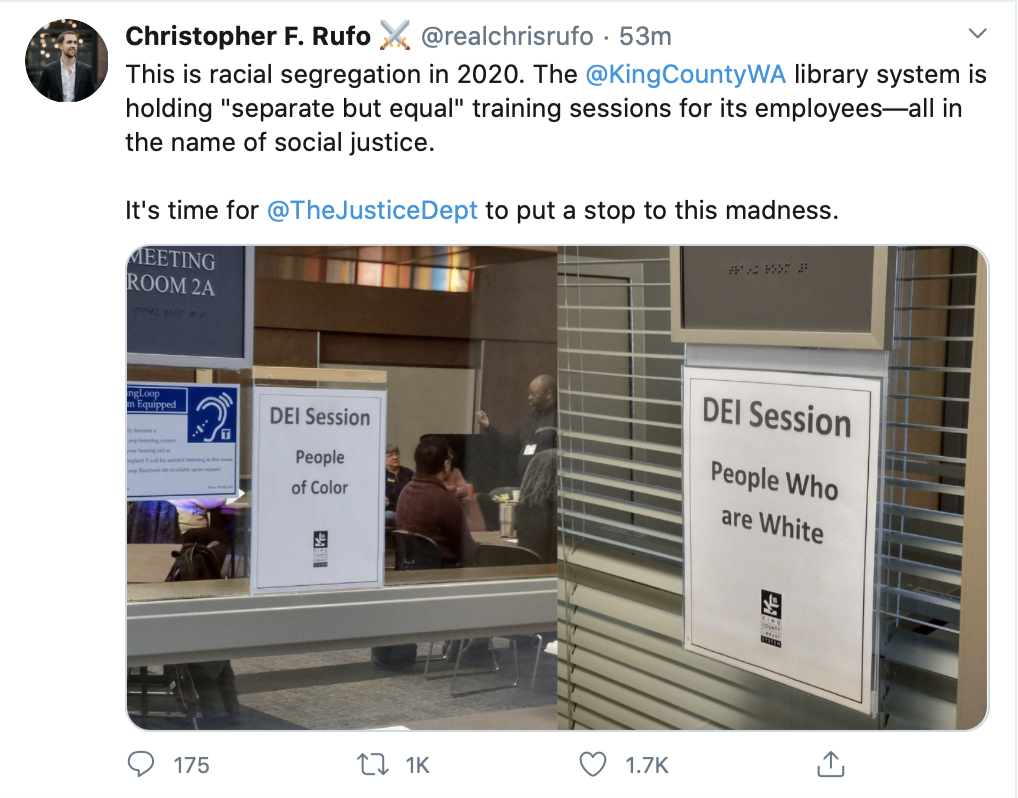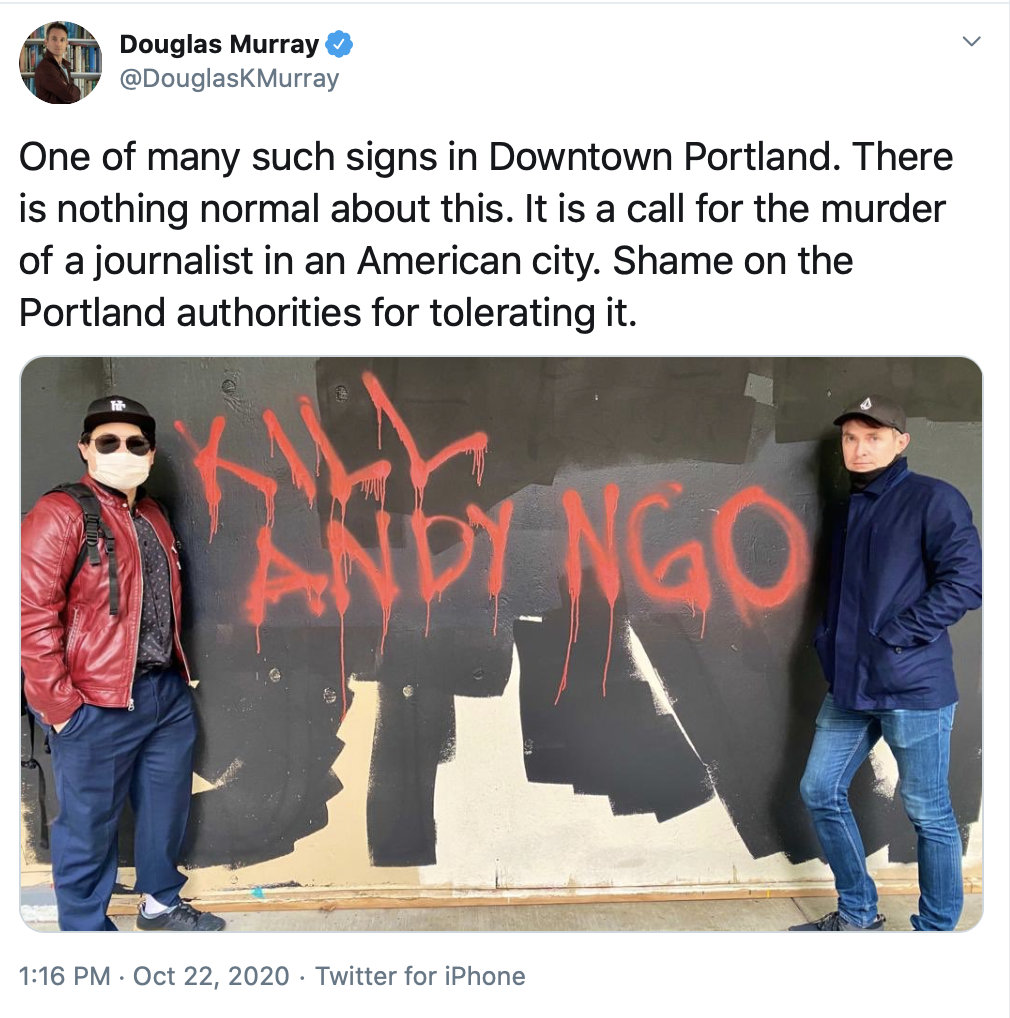Head Start for Rich Kids
In episode 205 of the Making Sense podcast, Sam Harris spoke with Daniel Markovits about problems with meritocracy. Markovits is a Professor of Law at Yale Law School. It was an especially engaging and challenging episode that provided many statistics that I hadn't before heard or appreciated. Here's an excerpt I transcribed:
Daniel Markovits: A poor district in America spends maybe eight to $10,000 per pupil per year. Middle Class public schools spends maybe 12,000 to $15,000 per pupil per year, a really rich public school in a town like Scarsdale, New York, where the median household income is over $200,000 a year, spends about $30,000 per pupil per year. And the richest and fanciest private schools in America 80%, of whose kids come from households that make over $200,000 a year, spend maybe $75,000 per pupil per year. So that there's massive inequality in educational investment. This means that if you look at a place like Yale, where I teach, or Harvard or Princeton, or Stanford, there are more kids in those universities whose parents are in the top 1% of the income distribution than in the entire bottom half.
And if you took the difference between what's invested in a typical middle-class kids' education, and what's invested in a typical one-percenter kids’ education, and took that difference every year and put it into the S&P 500, to give it to the rich kid as an inheritance when her parents died--because that's the way aristocrats used to transmit privilege down through the generations--that sum would exceed $10 million per child. So why am I saying this? I'm saying this, because it gives you a sense for the enormity of the educational inequality that exists in our society, between not just or even primarily the middle class and the poor, but between the rich and the middle class. And then if you look at the jobs that pay the most money, at elite law firms, at elite investment banks, elite management jobs, to graduates of elite business schools, all these jobs, specialists, medical doctors, all these jobs, almost require people who do them to have gone through some version of this fancy education.
Sam Harris: So what we have is a system of stratification and exclusion that runs through the central elite institutions of school and work in our society, in which those institutions exclude middle and working class families and children, not excluding them by any intent, but by surely the contingent fact of what it takes to jump through all the hoops you need to jump through to land in Yale or Princeton, or Stanford or Harvard.
Daniel Markovits: Exactly. Stanford admits fewer than 5% of its applicants. That means that if you're applying to college and anything serious ever went wrong in your childhood, you know, parents lost jobs, you had to move all of a sudden, somebody died, and you had to pick up some burden to earn some income for the family, you're not going to have a record that puts you in the top 5% of the already elite pool that tries to apply. . . . There are exceptional people, there are exceptional people always. But unless you're incredibly exceptional, you won't be able to get ahead if you don't have a lot of privilege behind you. And then this privileged class . . . asserts that they've earned their advantage and that they have got there on the merits and that those who are disadvantaged deserve to be disadvantaged because they're not as hard working. They're not as skilled. They're not as virtuous and now those who are excluded get appropriately angry and resentful and turn against the institutions, the schools, the professional companies, the forms of expertise, that people on the outside correctly think are underwriting their disadvantage and exclusion.
And a populist like Trump exploits that resentment. And a lot of people on the left think, "How can class resentment go with Trump rather than against him, given that he was born to a massive inheritance?" And the answer is, yeah, he inherited a lot of money. But he is not part of this system of training, education and professional certification that people correctly see as the principal source of their exclusion. It's not his inheritance that's maybe unjust, maybe not unjust--we can disagree about it--but it's on the margins of our society. Whereas all the doctors and lawyers and bankers and CEOs and elite managers who are training their kids like nobody else can and getting them into the best schools and buying houses in the best neighborhoods and getting them into the best colleges. That's the system that is keeping most Americans down. And so the populist resentment turns against it, in some sense accurately.
Sam Harris: So what is the alternative to meritocracy?
Daniel Markovits: Well, it can't be aristocracy or a caste system based on breeding or on race or on gender. That's, I think, important to say out up front, this you know, if this is a going concern as a social and political project, it can't be backward looking. It has to be forward looking.


